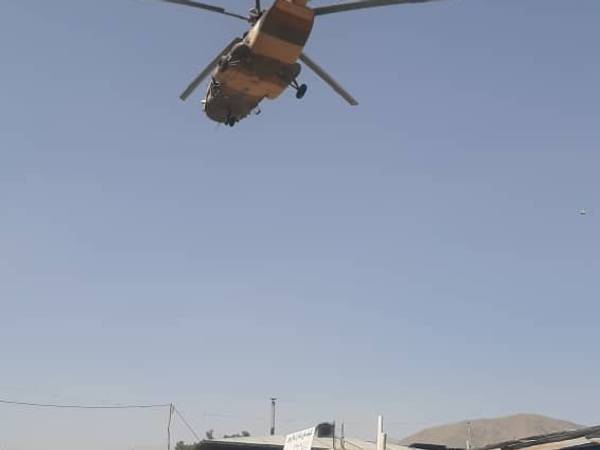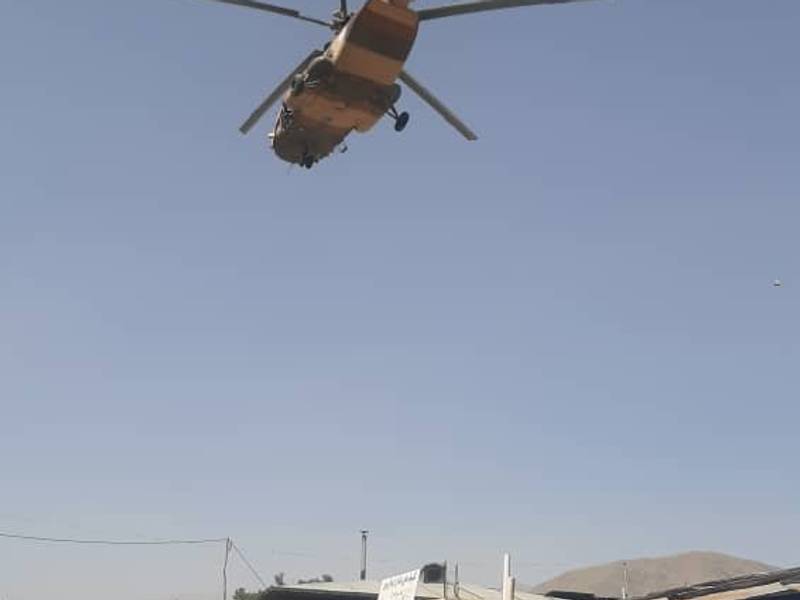At least eight civilians, including a young girl, have been killed and 27 others wounded in the district of Khash, Badakhshan province, following gunfire by Taliban forces during protests, local sources told Afghanistan International on Tuesday.
Medical staff at a local hospital in Badakhshan confirmed that the fatalities occurred over two days of unrest. Six people, including a woman, were reportedly killed on Monday, while two more died on Tuesday. The condition of several of the injured remains critical.
Earlier reports cited five deaths and at least 20 injuries in the clashes. Hospital sources later revised the toll upward as more casualties were confirmed.
Taliban-appointed governor of Badakhshan, Mohammad Ayoub Khalid, acknowledged the civilian deaths in an interview with the BBC. He claimed the casualties were the result of “accidental fire” by Taliban forces. He also confirmed that special forces were deployed to Khash to suppress the protests.
The violence began after Taliban units were dispatched to the district to destroy poppy fields. The killing of local farmers triggered widespread anger among residents, who blocked roads leading to Faizabad and Baharak and stormed the district administration building, damaging parts of the facility.
This is not the first time Taliban forces have clashed with local farmers in Badakhshan, a province known for significant opium cultivation. Similar confrontations occurred last year in Jurm district after Taliban attempts to eradicate poppy crops.
Recently, the Afghanistan Analysts Network reported that the Taliban's efforts to enforce a nationwide drug ban have largely failed in Badakhshan. The report noted that some local Taliban officials have been unwilling to implement the ban, despite direct orders from the group’s leadership.
In response, farmers have adopted more covert methods to continue poppy cultivation such as disguising crops among other plants, farming in enclosed or remote areas, leasing land, or partnering with local residents to evade detection.

